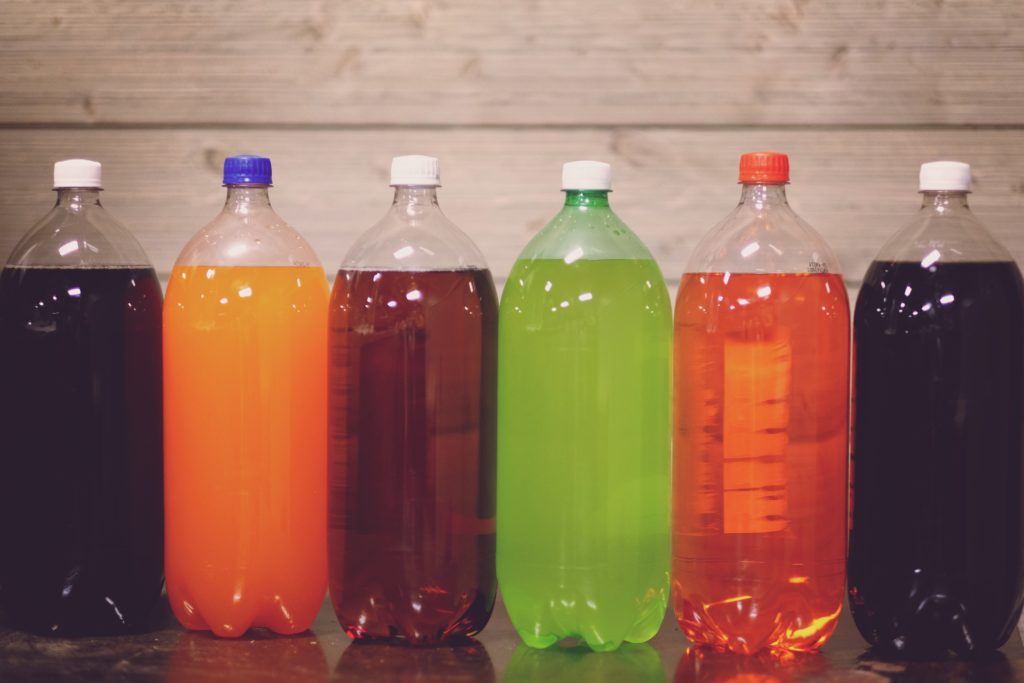A new paper, “Cost-Effectiveness Of The Sugar-Sweetened Beverage Excise Tax in Mexico” was released today in Health Affairs.
 In 2014, Mexico imposed an excise tax of 1 peso per liter on sugar-sweetened beverages. Ana Basto-Abreu of Mexico’s National Institute of Public Health is the lead author, along with Steve Gortmaker of the Harvard T.H. Chan School of Public Health as senior author, Zach Ward of the Center for Health Decision Science at the Harvard T.H. Chan School of Public Health, and coauthors developed a cohort simulation model to simulate the effects of the tax on obesity-related diseases and health care spending over ten years.
In 2014, Mexico imposed an excise tax of 1 peso per liter on sugar-sweetened beverages. Ana Basto-Abreu of Mexico’s National Institute of Public Health is the lead author, along with Steve Gortmaker of the Harvard T.H. Chan School of Public Health as senior author, Zach Ward of the Center for Health Decision Science at the Harvard T.H. Chan School of Public Health, and coauthors developed a cohort simulation model to simulate the effects of the tax on obesity-related diseases and health care spending over ten years.
The authors found that the current tax will prevent 239,900 cases of obesity, 39 percent of which would be among children. Doubling the tax, would prevent 107,300 cases of diabetes, lead to gains of 92,100 quality-adjusted life-years, and avert 10,200 disability-adjusted life years, saving $6.88 of health care costs for every dollar spent on its implementation. The authors conclude that doubling the tax would bring extra benefits and that countries with comparable conditions could benefit from instituting a similar tax.
Basto-Abreu A, Barrientos-Gutiérrez T, Vidaña-Pérez D, Arantxa Colchero M , Hernández-F. M, Hernández-Ávila M, Ward ZJ, Long MW, Gortmaker SL. Cost-Effectiveness Of The Sugar-Sweetened Beverage Excise Tax in Mexico. Health Affairs. 2019;38(11). doi: https://doi.org/10.1377/hlthaff.2018.05469